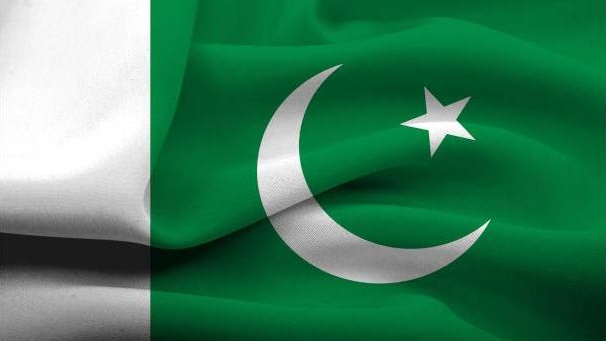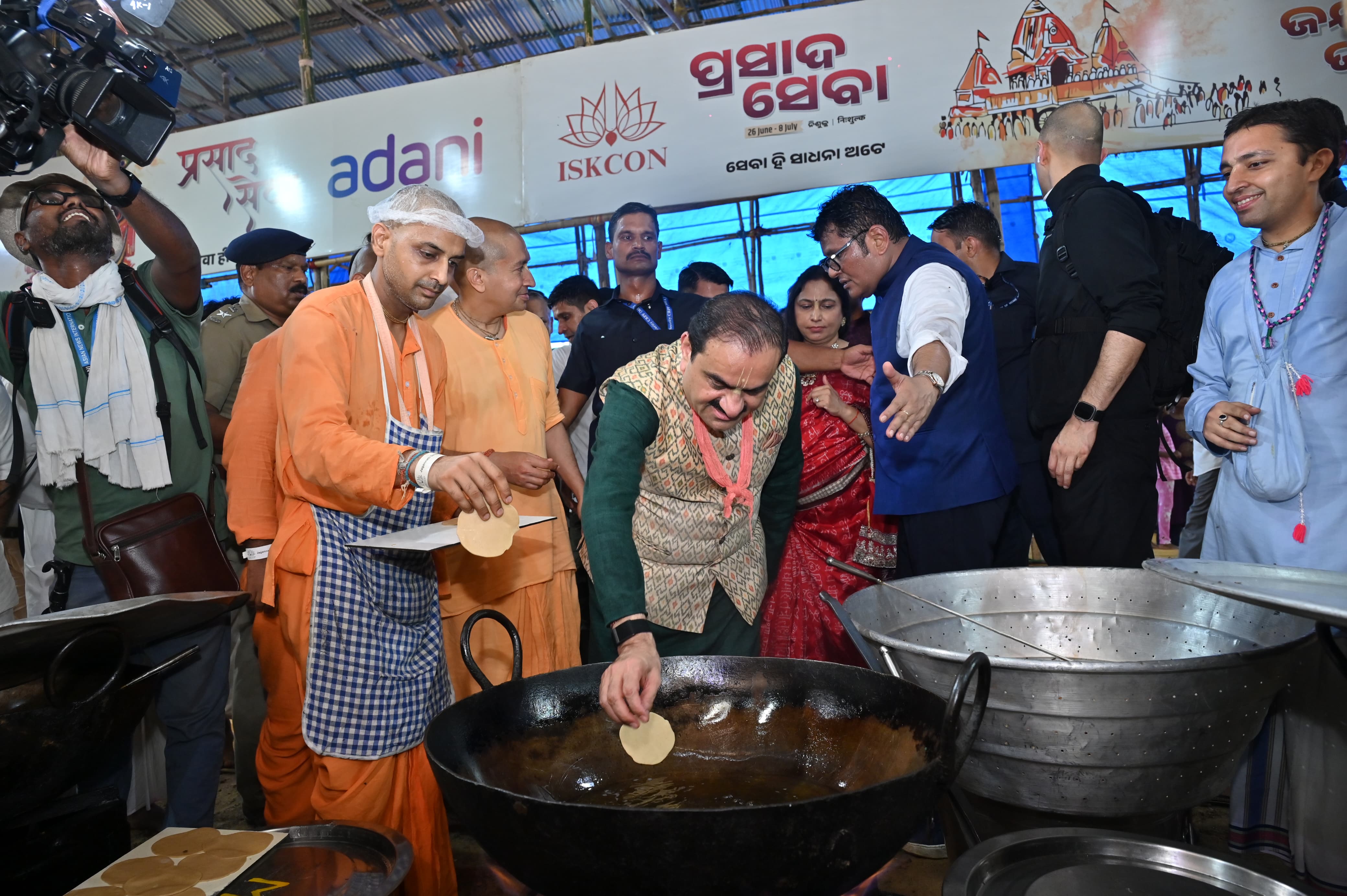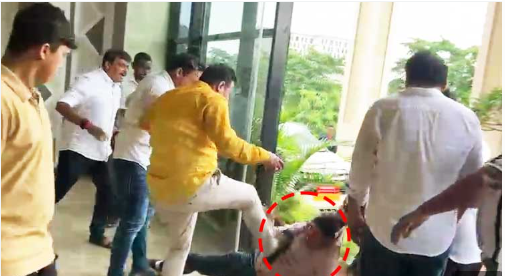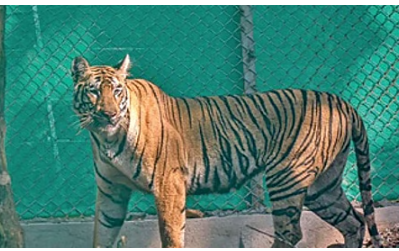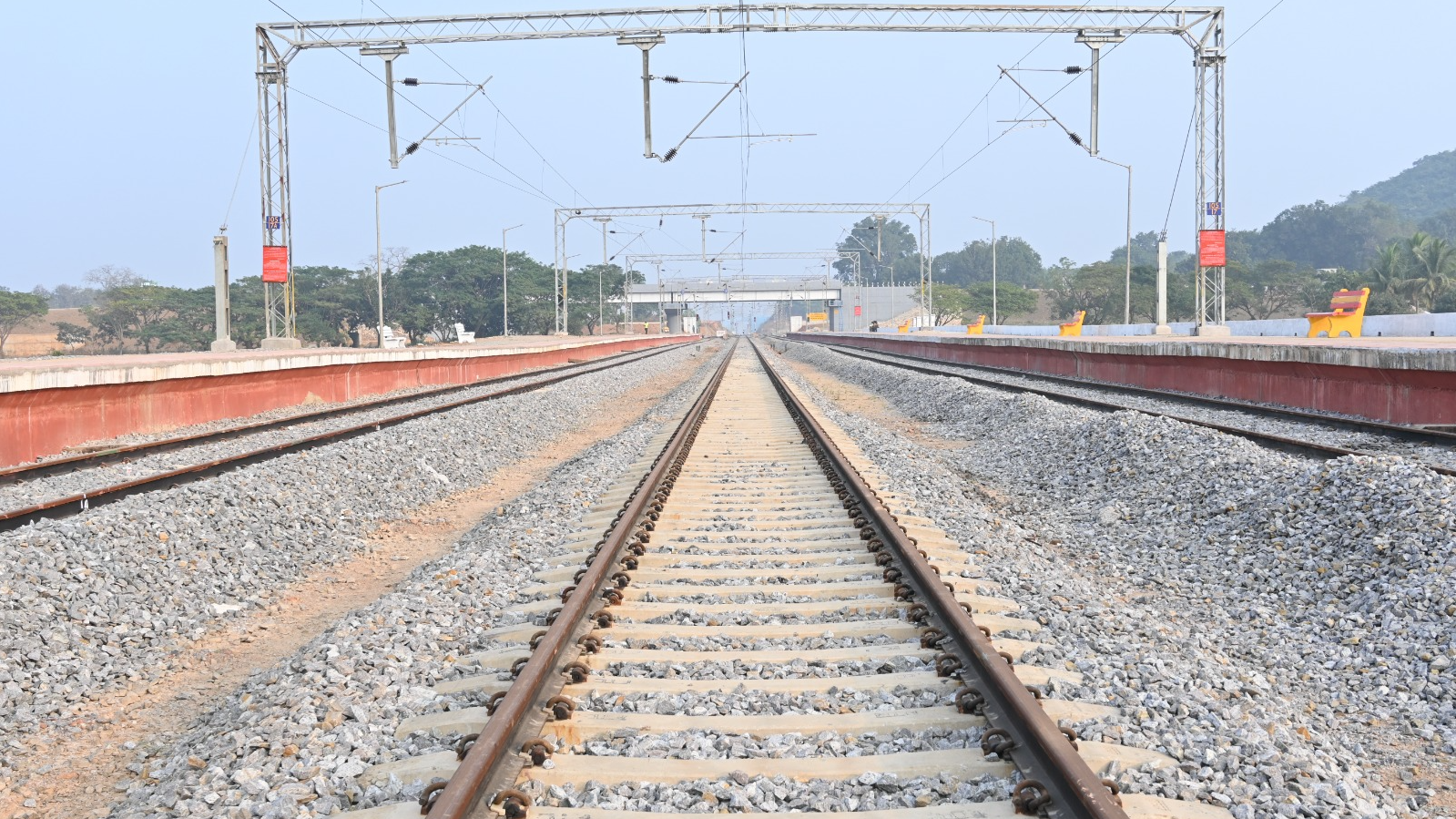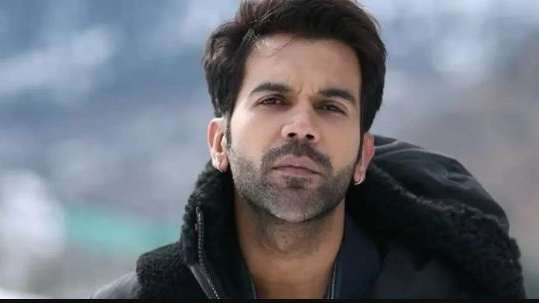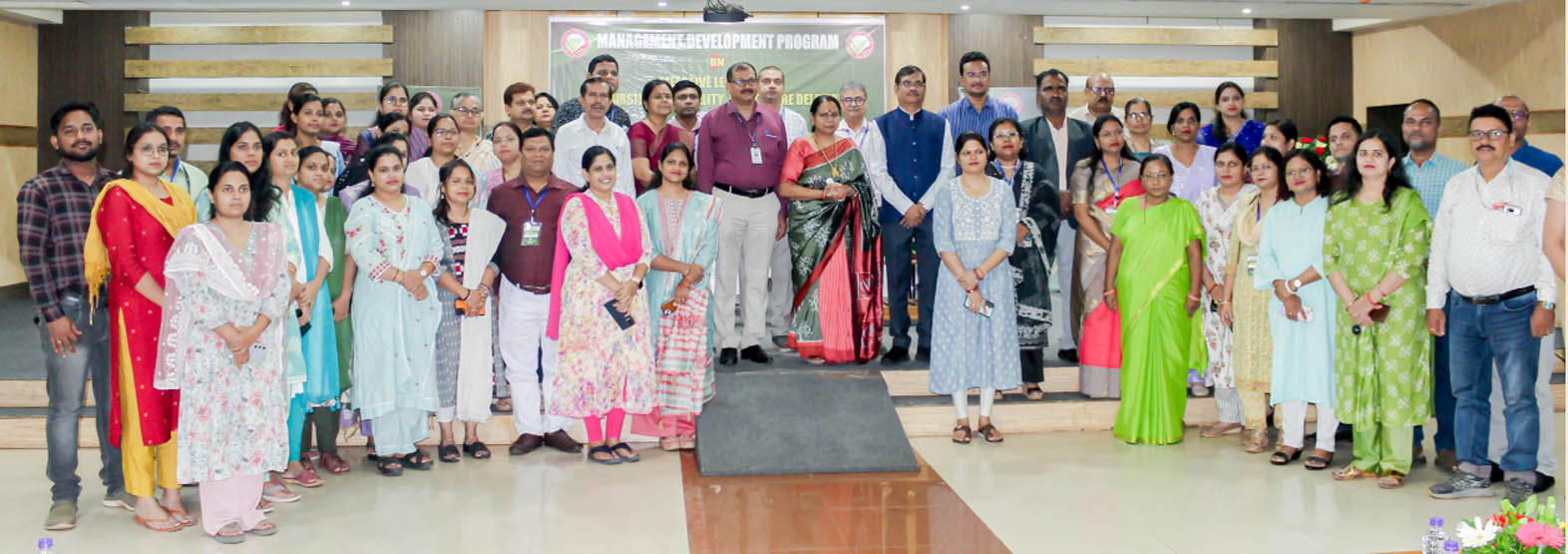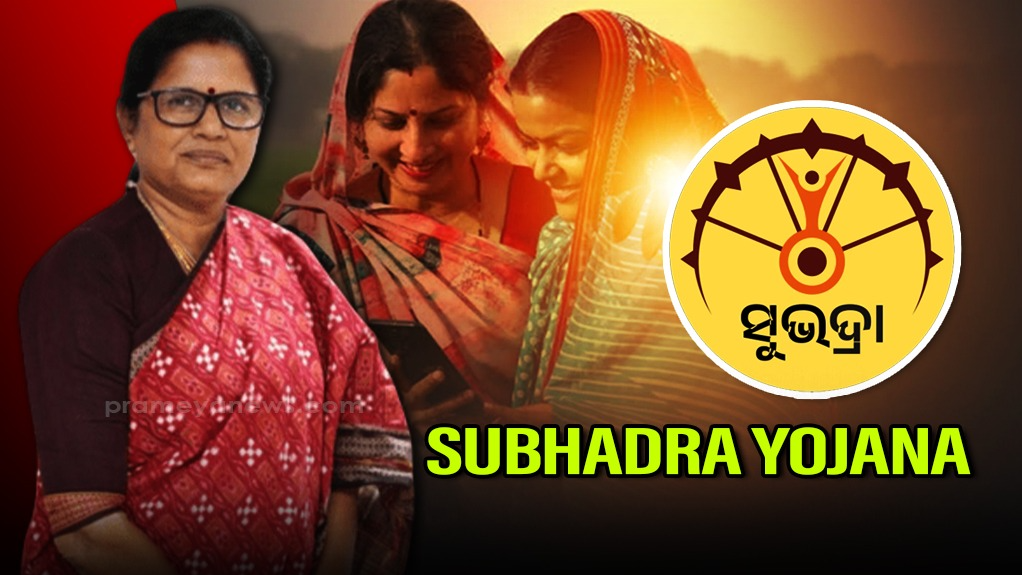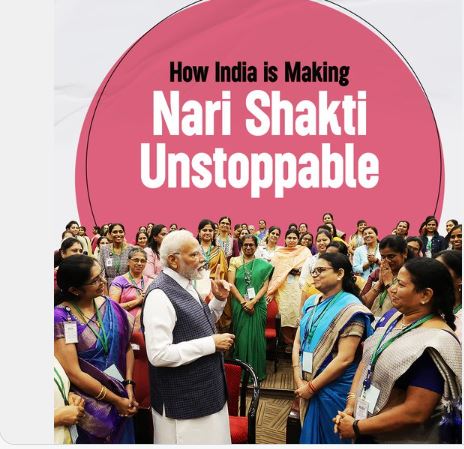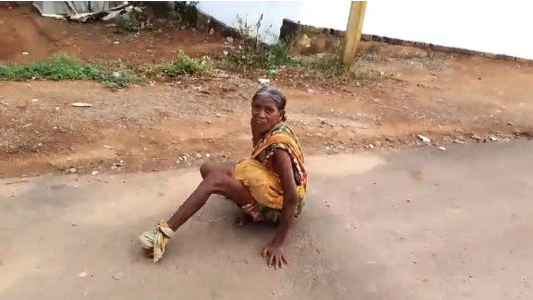Arun Joshi
In less than 24 hours, Pakistan will go in for its 12th National Assembly polls, and the latest news from there is that 26 persons were killed in Balochistan province, casting a blood-filled terror shadow ahead of the start of polls on Thursday. Terror is looming and the electorate are more than scared as they don’t see much of hope because of the army throttling democracy to superimpose itself even as the ballots are to be cast in few hours from now.
There have been many incidents of terror violence in the run up to polls and the people are wondering whether they can have violence- free atmosphere for the polling, despite assurances by caretaker Prime Minister Anwaar-ul-Haq Kakar that polls will be conducted in a peaceful environment . But there is quite a mismatch between the government’s claims and the ground situation. Ten police personnel were killed and several others injured on the intervening night of February 4 and 5 in a terror attack at Pakistan’s Chodwan police station in Dera Ismail Kahn in Khyber Pakhtunkhwa province.
These incidents of terrorism fueled fears whether the election would be free and fair. These reservations have been voiced by leaders and journalists within Pakistan and foreign countries . One is the campaign of terrorism , launched by Tehreek-e-Taliban, Pakistan , an affiliate of Taliban in Afghanistan , second , it is the uneven playing field for various parties , which have raised question about the legitimacy of the vote and its outcome
Tomorrow , more than 128 million people will vote across Pakistan to elect the new government , and the real focus would be on three things – voting percentage , youth connect and the role of the army . The voting percentage will determine the interest of the electorate in the elections whether it will better the record of the previous elections , which have been a regular feature since 2008, months after the assassination of PPP chairperson and former Prime Minister Benazir Bhutto’s assassination .
As far as the youth is concerned , they form the majority of the 23.5 million voters added to the list of voters since last elections in 2018. At least 12 million , according to Pakistani media analysis , there are 12 million female voters . The analysts and commentators like former ambassador to US Maleeha Lodhi have placed the number of young voters ( between ages 18 and 35) is 57 million , and which is over 47 of the electorate . She termed the youth bulge as a “ potential game changer.”
They shall be voting for 272 directly contested seats out of a total of 342 strength of the National Assembly. Sixty seats are reserved for women , and 10 for religious minorities . The youth can make a huge difference to the elections if they queue up in large number of polling stations – There are 90,675 polling stations across Pakistan and more than half of them are sensitive . In fact, the army has taken control of polling stations . It would be present both inside and outside polling stations . This will increase grip of army on the outcome of the polls.
. The times have changed , and so have the political process . But one thing has stayed unchanged and that is the role of the army, which has ruled Pakistan directly as also behind the scenes . this time around, too, the analysts are looking at army chief Gen. Asim Munir as the new king after the elections , as he is today in the center of political games being played out on the country’s landscape.
The country is attempting to revive democratic prospects , but what it cannot overcome is Pakistan’s most powerful establishment- the army that has ruled directly for more than 30 years since the nation came into being in 1947 . It has always been in interventionist mode for all the years since independence .
In the given circumstances , it is clear that even when the last vote is cast tomorrow , the tussle will continue between the political and military establishments . The election is being seen as a step toward political and economic stability , the portents are that of another chapter of anarchy.
Arun Joshi is author of “Eyewitness Kashmir; Teetering on Nuclear War and senior journalist based in Jammu and Kashmir, writes on South Asian affairs)
Disclaimer: This is the personal opinion of the author. The views expressed in this write-up have nothing to do with www.prameyanews.com.







